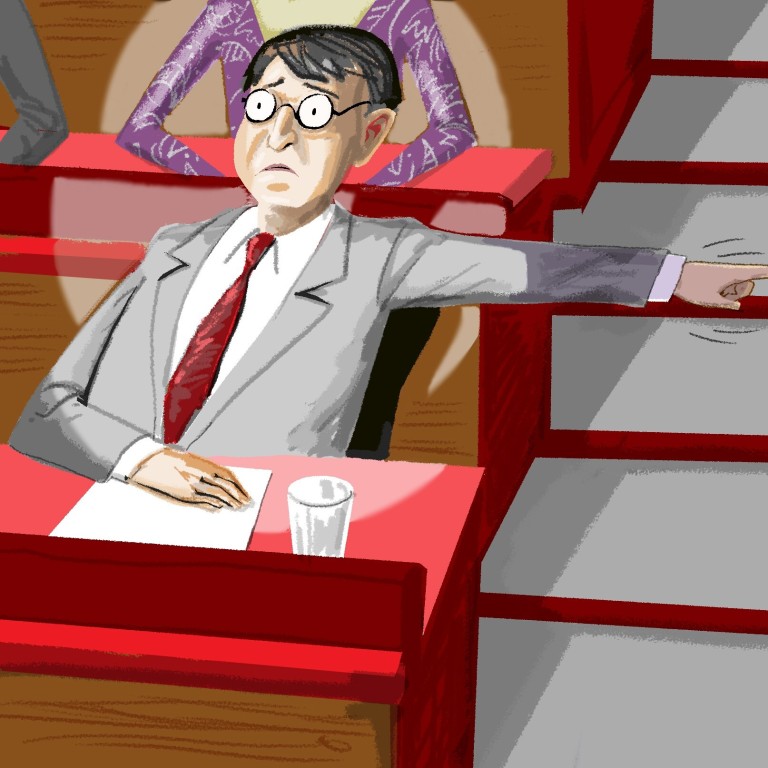
What’s left of Hong Kong’s Legislative Council must show it can work for city’s interests
- Remaining legislators from the pro-establishment camp have a chance to show they are not Beijing’s stooges, that they can break free of vested interests and fear of unpopularity by pushing critical reforms, including in climate action
The camp is not uniform. Its members represent different political parties and leanings. With the opposition gone, these differences will become more obvious. Yet this is an opportunity for the remaining legislators to distinguish themselves.
They need to show they are not Beijing’s stooges. They are “patriotic” in that they respect the nation, uphold the motherland’s exercise of sovereignty, and will not harm Hong Kong’s prosperity and stability. There is no reason not to act in the public interest.
Hong Kong politics is often framed by the narrative of the “good” pro-democracy camp vs the “evil” pro-establishment camp because of ideological differences. The opposition rides on fears about the mainland’s one-party system, which plays into the hands of those who want to demonise China at a time of geopolitical shift.
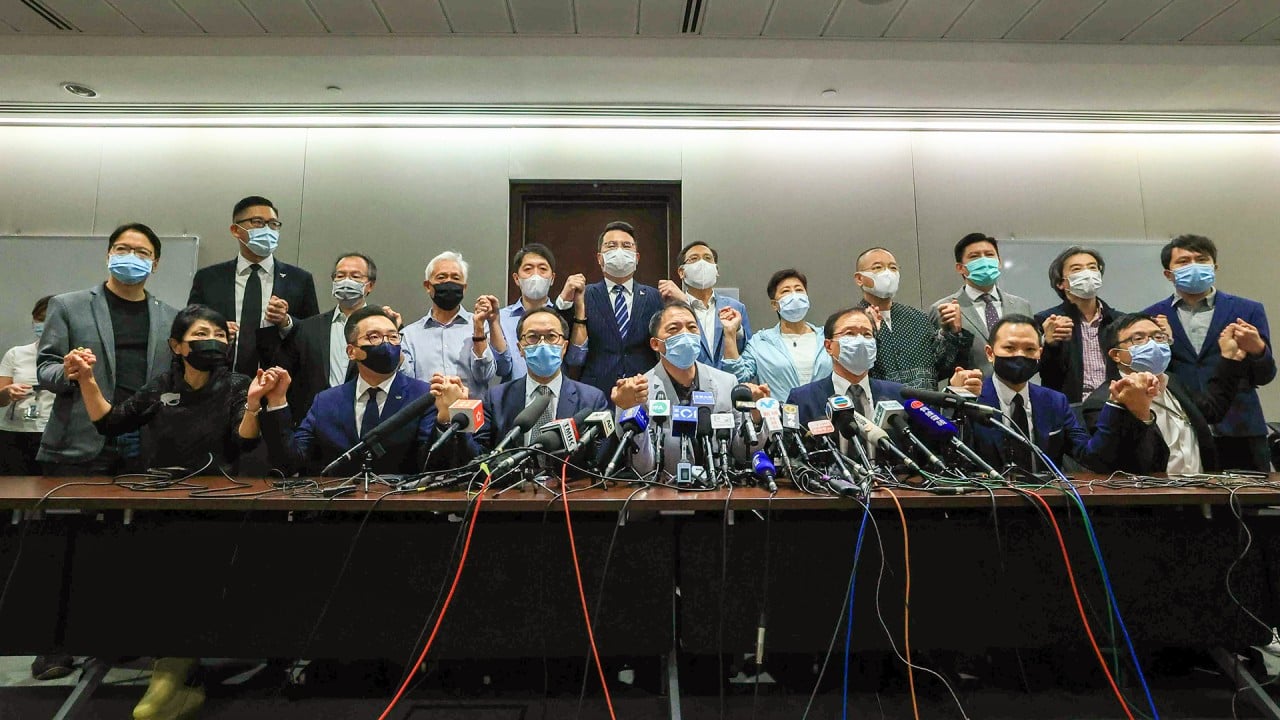
04:08
Hong Kong opposition lawmakers to resign en masse over Legislative Council disqualifications
As national security law looms, here’s what truly ails Hong Kong politics
Functional constituencies are Hong Kong’s albatross. They hang uncomfortably around our political system because they protect the interests of specific groups, such as real estate companies, rural landowners, catering businesses, those in agriculture and fisheries, and owners of transport businesses.
Functional representatives make it difficult for their parties to take views that are free of consideration of the vested interests.
For example, seven of the BPA’s legislators are representatives of functional constituencies, as are all of Liberal Party’s legislators, so they may well oppose government policies and legislation that negatively affect their functional interests even if they are right for the community.
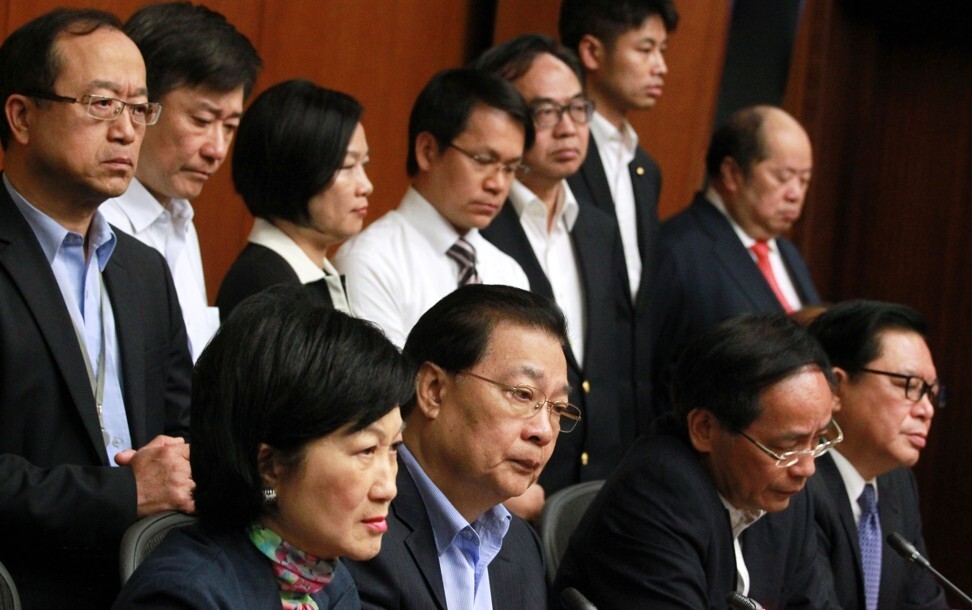
It is also important to scrutinise DAB’s behaviour even though the bulk of its legislators are directly elected in geographical constituencies.
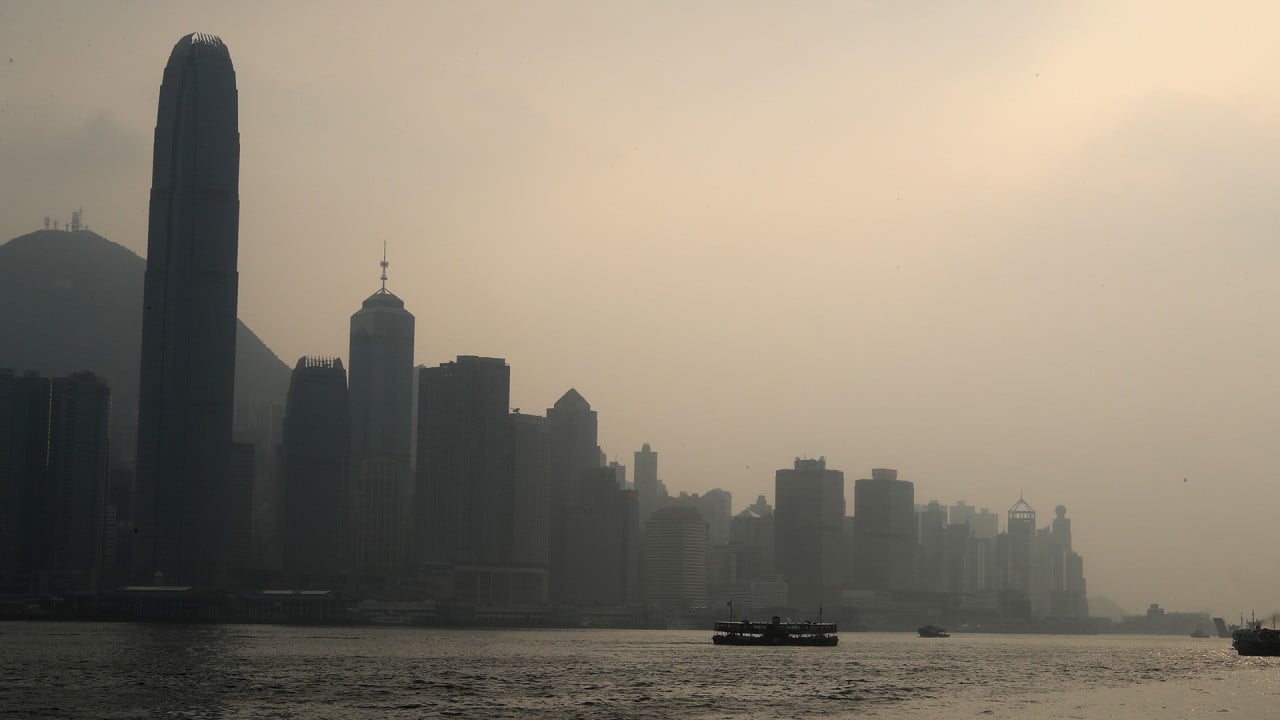
04:56
Hong Kong could slash carbon emissions 70% with more ambitious goals, says former observatory head
Proper land use planning and building regulation reforms are vital to decarbonisation. This means that rural land and real estate interests will be affected. All forms of transport will have to be electrified, which will affect the interests of taxi and public light-bus owners, and bus and ferry operators.
Charging for municipal solid waste and using price as a mechanism for managing water and effluent will affect the catering sector.
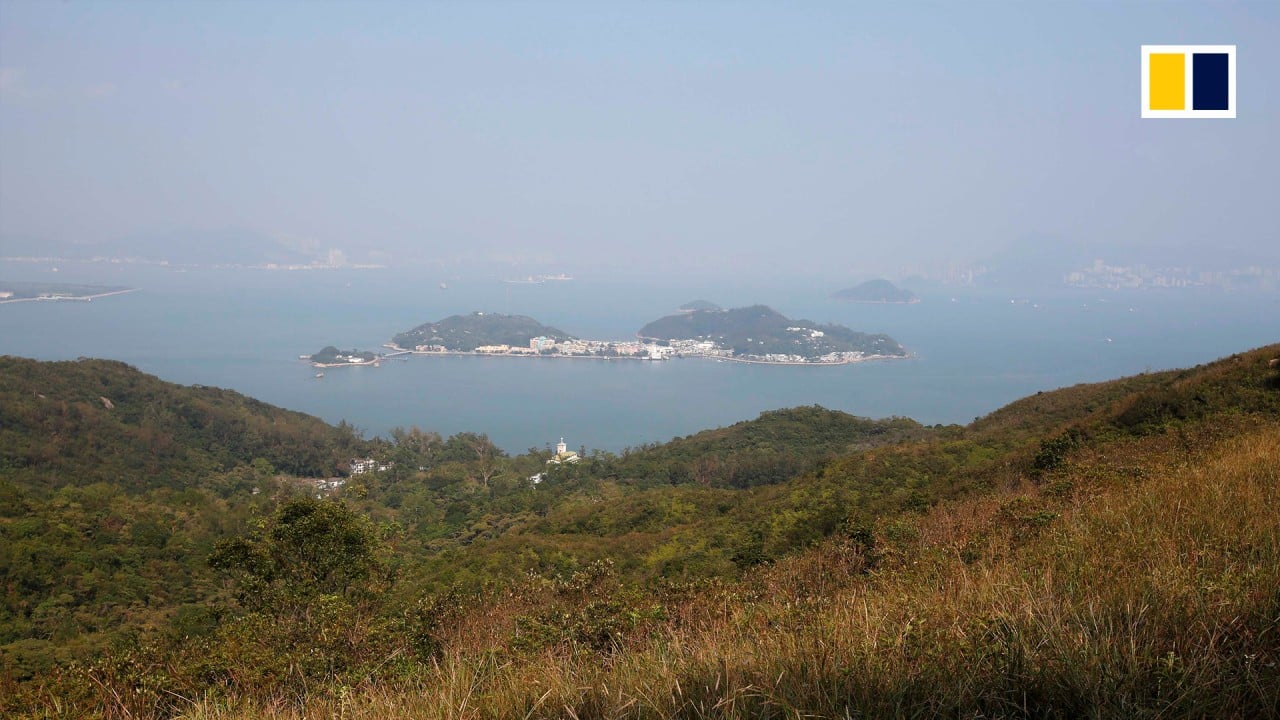
02:43
Why Carrie Lam’s Lantau land reclamation plan is so controversial
Government officials often blame their failures on opposition from legislators. They have effectively created their own stalemate.
The simplistic “good” vs “evil” narrative of Hong Kong politics presents yet more inertia and a lack of focus.
It is time for the pro-establishment camp to show that it is not hopelessly mired in gridlock but can free itself to serve wider public interests.
Christine Loh, a former undersecretary for the environment, is an adjunct professor at Hong Kong University of Science and Technology

